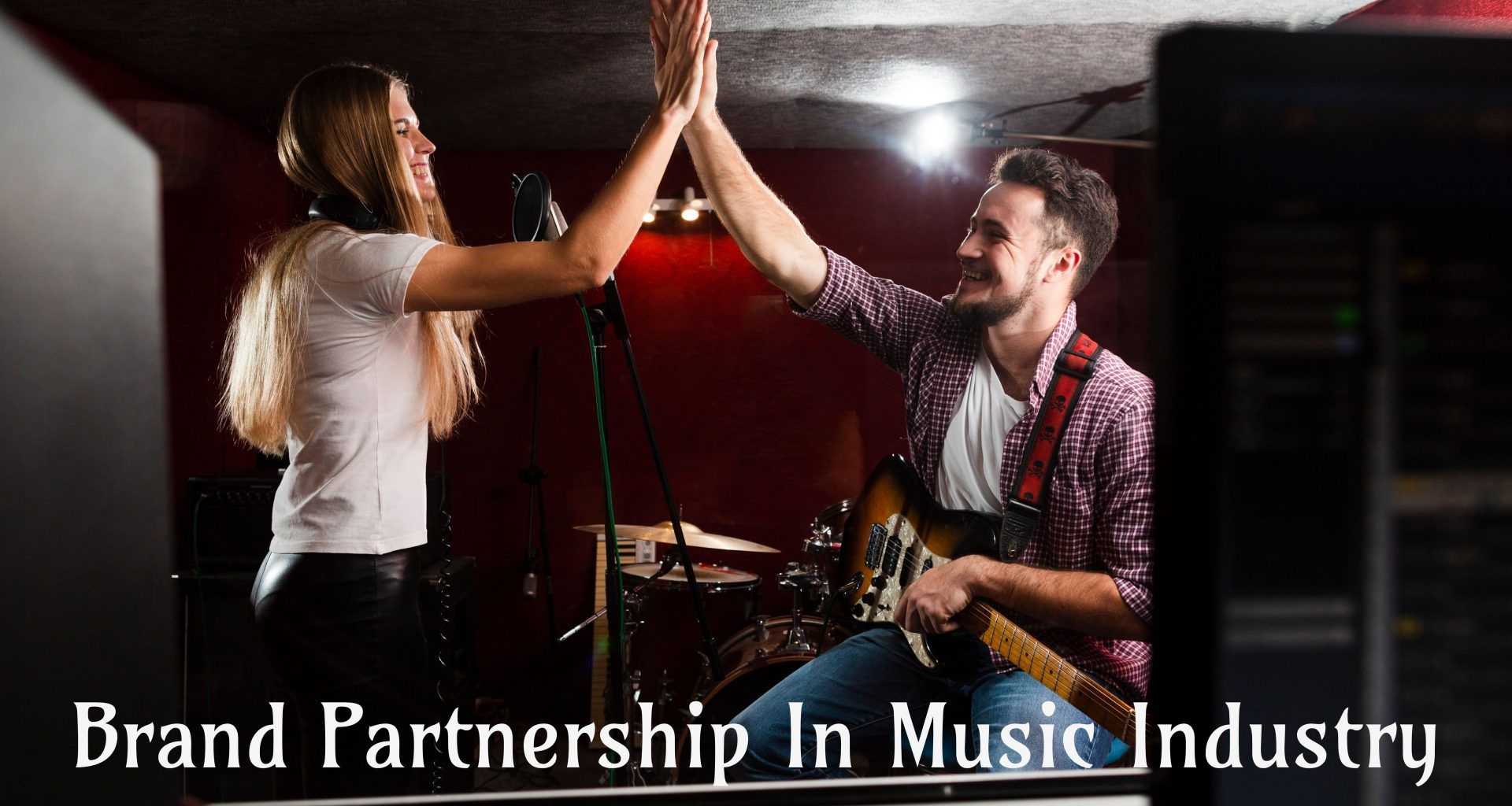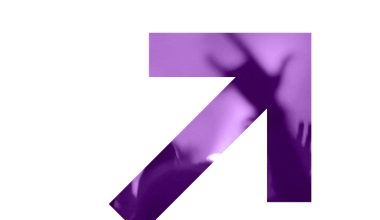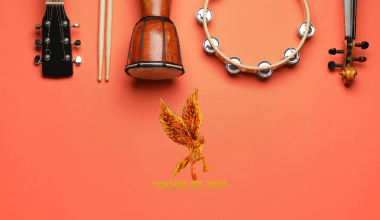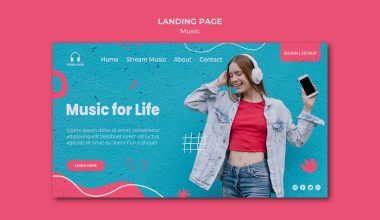The music industry has changed a lot in recent years. New technologies and shifts in how people consume music have created fresh ways for artists to connect with their fans. One of the biggest changes is the rise of brand partnerships in the music industry. These partnerships involve artists working with brands to create something that benefits both parties.
In this blog, we will explore the many sides of brand partnerships in the music industry. We will look at the benefits, challenges, and strategies for building successful partnerships. We will also share examples of real-world collaborations that have made a significant impact. Whether you are a new artist or have been in the industry for years, understanding brand partnerships can be a big step forward in your career.
What Are Brand Partnerships in the Music Industry?
Brand partnerships in the music industry involve collaborations where artists and brands work together to achieve shared goals. These partnerships can take many forms, such as sponsorships, co-branded products, exclusive content, or joint marketing efforts. The main goal is to use each other’s strengths to reach more people, improve brand image, and boost sales or streams.
For artists, brand partnerships offer a way to reach more people, make more money, and strengthen their brand. For brands, working with artists allows them to connect with the artist’s fans, helping them build stronger relationships with customers. This creates a powerful partnership that benefits everyone involved.
Benefits of Brand Partnerships in the Music Industry
1. Reaching More People
One of the biggest benefits of brand partnerships in the music industry is the ability to reach more people. When an artist teams up with a well-known brand, they get access to the brand’s audience. This can help the artist gain more visibility and attract new fans.
For example, if an independent artist partners with a major brand, their music could be featured in commercials and social media content. This could introduce their work to millions of new listeners. Reaching this many people is often hard to do with traditional music marketing alone.
2. Financial Support
Money can be uncertain in the music industry. Brand partnerships offer a reliable source of income. Brands often pay artists directly, provide product endorsements, or share profits. This financial support can be crucial, especially for artists funding their own projects or tours.
For instance, an artist might receive a large payment for a year-long deal with a fashion brand. They could also earn a percentage of the sales from a co-branded clothing line. This income not only supports the artist’s creative work but also provides a safety net that can be invested back into their music.
3. Building a Stronger Brand
Working with well-known brands can make an artist’s brand stronger. When an artist partners with a brand that shares their values or style, it strengthens their image and makes them more appealing to fans.
For example, if an artist is known for caring about the environment, partnering with a sustainable brand can make their image even stronger. This can build a deeper connection with their audience and improve their public image.
4. Gaining Access to Resources
Brands often bring valuable resources to the partnership. This might include high-quality production facilities, professional marketing teams, or industry connections. These resources can help artists create better content and reach more people.
For example, partnering with a tech company could give an artist access to advanced equipment for music production. This can lead to higher-quality music and a more professional brand.
5. Long-Term Growth
Brand partnerships can also help artists grow their careers over time. Successful collaborations make artists more attractive to other brands and media outlets. This can lead to more opportunities, like endorsements or collaborations with other artists.
As artists build a history of successful partnerships, they can become influencers within their genre. This helps them secure a lasting place in the industry.
Types of Brand Partnerships in the Music Industry
1. Sponsorships
Sponsorships are a common type of brand partnership in the music industry. In these deals, a brand supports an artist financially or with products in exchange for promotion. This could include featuring the brand in music videos or wearing branded clothing.
Sponsorships are also common in live events. A brand might sponsor a tour or festival, gaining branding opportunities like stage banners or exclusive VIP experiences. These partnerships can be very profitable and offer wide exposure.
2. Co-Branded Merchandise
Co-branded merchandise is when an artist and a brand work together to create products that feature both their logos or images. These products are sold to fans, and the profits are shared. This not only brings in extra money but also strengthens the connection between the artist and their fans.
For example, an artist might design a limited-edition shoe with a sneaker brand. The unique design can excite fans and drive sales, while also enhancing the artist’s image.
3. Exclusive Content Deals
Exclusive content deals involve an artist creating content that is only available through a specific brand or platform. This could be a special album, behind-the-scenes videos, or even a live performance that’s only available on the brand’s platform.
These deals drive traffic to the brand’s platform, as fans eager to access the exclusive content engage more with the brand. For the artist, it provides financial compensation and offers fans something unique.
4. Joint Marketing Campaigns
In joint marketing campaigns, an artist and a brand work together to promote a product or event. These campaigns often feature the artist’s music in a way that matches the brand’s message. This collaboration can effectively reach both the artist’s fans and the brand’s customers.
For example, an artist might create a song for a brand’s commercial, which is then released as a single. The blend of music and branding can create a memorable campaign.
5. Event Collaborations
Event collaborations are when artists and brands team up to create or enhance live events. This could include branded concerts, pop-up experiences, or even virtual events. These partnerships allow brands to engage with consumers in a fun and interactive way, while artists benefit from the brand’s support and promotion.
For example, a tech company might partner with an artist to host a virtual reality concert. This offers fans a unique experience and highlights the brand’s technology.
How to Build Successful Brand Partnerships in the Music Industry
1. Aligning Values
For a brand partnership to work well, both the artist and the brand need to share similar values and goals. This alignment ensures that the collaboration feels real and connects with both the artist’s fans and the brand’s customers.
For example, if an artist is passionate about mental health, partnering with a wellness brand that shares this focus can create a meaningful collaboration. Shared values help build a deeper connection with the audience.
2. Setting Clear Goals
Before starting a partnership, it’s important for both the artist and the brand to clearly define their goals. What does each side want to achieve? Whether it’s boosting sales, gaining more fans, or reaching a new audience, having clear goals will guide the partnership.
For instance, if a brand wants to grow in a specific market, the success of the partnership could be measured by how many new customers are gained in that area. Clear goals keep both sides focused.
3. Keeping Creative Control
Artists should keep control over their creative work in a partnership. While it’s important to meet the brand’s needs, the artist’s unique style should still be the main focus. This creative control is what makes the artist’s work appealing, and it’s why the brand wants to work with them.
Artists should make sure they have the final say on how their music and image are used. This might mean approving a commercial or having input on co-branded products. Keeping creative control helps ensure the artist’s brand stays true to itself.
4. Communicating Clearly
Good communication is key to a successful brand partnership. Both the artist and the brand should be open about their expectations, timelines, and any challenges that might come up. Regular communication builds trust and helps keep the partnership on track.
For example, setting up regular meetings can help solve problems early and allow for changes as needed. Clear communication also helps manage expectations and keeps everyone satisfied.
5. Measuring Success
It’s important to measure how well the partnership is working. This can include looking at sales, social media engagement, and feedback from fans. By analyzing these results, both the artist and the brand can see what worked well and what could be better next time.
For example, if the partnership involved a marketing campaign, success could be measured by how many new followers were gained or how many people shared the campaign. Regular checks help ensure the partnership is effective.
Challenges of Brand Partnerships in the Music Industry
1. Staying Authentic
A big risk in brand partnerships is losing authenticity. If a partnership feels fake or out of place, it can turn fans away and hurt the artist’s reputation. It’s important for artists to choose partnerships that fit with their brand and connect with their audience.
For example, if a punk band partners with a luxury brand, the collaboration might seem odd and upset the band’s fans. Artists should make sure any partnership feels right for them.
2. Creative Conflicts
Differences in creative vision can be a challenge in brand partnerships. If the brand’s ideas don’t match the artist’s style, it can cause problems. It’s important for both sides to respect each other’s creative input.
For example, an artist might think a brand’s commercial is too corporate and doesn’t fit their style. In these cases, finding a compromise that works for both is key.
3. Overdoing Commercials
While brand partnerships can be profitable, there’s a risk of becoming too commercial. If an artist works with too many brands, fans might think they care more about money than their music. This can hurt their long-term career.
Artists should be picky about the partnerships they accept and make sure each one fits their brand. Balancing commercial work with artistic projects helps keep their integrity.
4. Legal Issues
Legal and contract issues can also be a problem in brand partnerships. Artists need to understand the terms of their agreements, including any exclusivity, intellectual property rights, and how profits are shared. Working with a lawyer who knows the music industry can help protect the artist’s rights.
For example, an exclusivity clause might stop an artist from working with other brands for a set time. Artists need to know how these rules could affect their future work.
5. Dealing with Fan Backlash
Fan backlash can be a risk when an artist partners with a brand. If fans think the partnership is a sell-out move or doesn’t match the artist’s values, they might react negatively. In today’s social media age, this can quickly spread and damage the artist’s reputation.
To avoid this, artists should be honest with their fans about why they chose to work with a brand. Engaging with fans and addressing their concerns can help keep trust and avoid backlash.
Examples of Successful Brand Partnerships in the Music Industry
1. Beyoncé and Pepsi
Beyoncé’s partnership with Pepsi is one of the best-known brand partnerships in the music industry. The deal included Pepsi sponsoring her world tours, featuring her in global ads, and releasing exclusive content. This partnership boosted Pepsi’s image and reinforced Beyoncé’s status as a global superstar.
2. Travis Scott and McDonald’s
Travis Scott’s partnership with McDonald’s was a game-changing collaboration. The “Travis Scott Meal” became a viral hit, increasing sales for McDonald’s and cementing Travis Scott’s influence in pop culture. This shows how artists can successfully mix their brand with popular products.
3. Rihanna and Fenty Beauty
Rihanna’s Fenty Beauty brand is another great example of a successful brand partnership. By creating a beauty line that focuses on inclusivity, Rihanna has built a brand that resonates with her global fan base. This partnership has been financially successful and has made Rihanna a leader in both music and beauty.
4. Drake and Nike
Drake’s long-term partnership with Nike has produced several successful product lines, including the OVO collection. This collaboration has been very profitable and has helped Drake stay a trendsetter in both music and fashion. It shows how artists can create products that their fans love.
5. Billie Eilish and Apple
Billie Eilish’s partnership with Apple is a great example of artists working with tech giants. In 2019, she released a short film exclusively on Apple Music, giving fans an inside look at her creative process. This partnership provided unique content for fans and helped Apple Music stand out.
The Future of Brand Partnerships in the Music Industry
Brand partnerships are likely to become even more important as the music industry continues to evolve. With the growth of digital platforms, social media, and new technologies like virtual and augmented reality, there are more ways than ever for artists to create exciting partnerships with brands.
In the future, we might see more personalized and interactive partnerships. These could involve virtual reality concerts, exclusive digital content, or even new ventures between artists and brands in different industries.
For example, an artist might team up with a gaming company to create a virtual concert that fans can attend from anywhere. This kind of partnership offers a new way for fans to connect with their favorite artists and gives brands a unique way to showcase their products.
Conclusion
Brand partnerships in the music industry offer a powerful way for artists to reach more people, strengthen their image, and secure financial support. By choosing the right partners, keeping control over their work, and aligning with brands that share their values, artists can create successful and impactful collaborations.
As the industry continues to change, brand partnerships will remain a key strategy for artists looking to build lasting careers and connect with their audience in meaningful ways. By staying on top of trends and opportunities, artists can use these partnerships to create long-lasting success in the music world.
For further reading, explore these related articles:
- Vevo vs YouTube: Which Platform is Better for Music Artists?
- Understanding the Changes in the Music Industry: A Comprehensive Guide
- Maximizing Advertising in the Music Industry: Strategies, Trends, and Best Practices
For additional resources on music marketing and distribution, visit Deliver My Tune.






